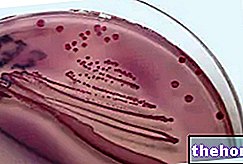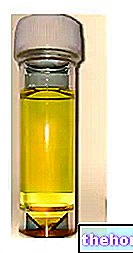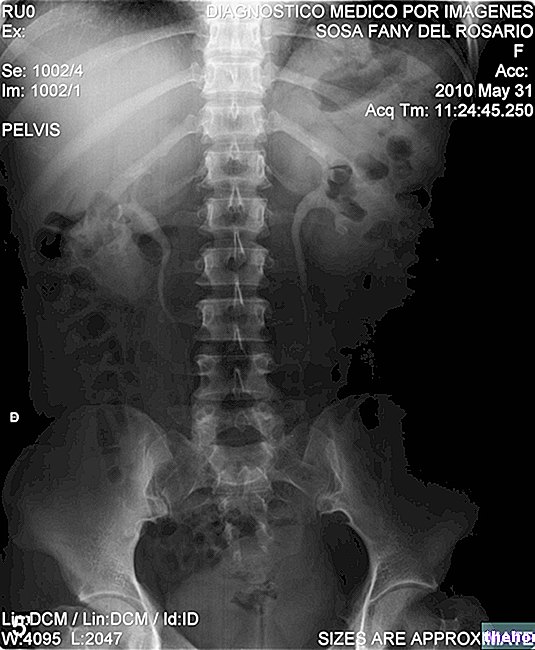Generalit & agrave on the Renella
There renella is a small sand, a set of small crystalline aggregates that can form inside the kidneys, and migrate into the excretory tracts and bladder causing colic or disorders of urination.

The causes of origin of gravel can be food, but only in predisposed patients; therefore, depending on the urinary sediments, the doctor may prescribe specific diets. In general, to prevent the formation of gravel, it is advisable to exclude or restriction of foods such as beverages based on there or rich in caffeine and the same coffee. Furthermore:
- In presence of calcium oxalate gravel, cut down on foods rich in sodium and oxalates. The latter include spinach, rhubarb, parsley, purslane (porcelain grass), chives, chard, beetroot, amaranth, cabbage, green tomatoes, green tea, cocoa powder and chocolate. Vegetables rich in oxalates should be boiled in abundant acidulated water, in order to facilitate the escape of oxalates; always for preventive purposes, it is advisable to take a calcium carbonate tablet during meals rich in oxalates (it limits intestinal absorption).
- In presence of uric acid gravel, reduce foods rich in purines (seafood, anchovies, sardines in oil, herring, caviar, offal, meat extracts, meat broth, game, dips, meats and fatty fish).
The general advice is to introduce 250-300 ml of liquids every hour, both during the day and, if you wake up, at night. A greater water intake is indicated in the summer and for those who practice physical activity. At least half of the liquids introduced should be represented by water, to avoid the presence of contraindicated substances in the drink.
Natural remedies against gravel
The fight against gravel can make use of a large array of natural remedies ad diuretic action, to be taken in the form of herbal tea to enhance it stimulation of diuresis. Drugs with antispasmodic and anti-inflammatory action are also useful. The intake should be spread throughout the day to ensure a consistently high urine volume.
Let's now look at some examples of herbal teas to prevent gravel (contraindicated in the presence of severe heart or kidney disease):
Infused at 3% (3 parts of mixture every 100 of water, therefore 30 grams per liter). Pour the boiling water over the preparation against gravel, cover and leave to infuse for 10-15 minutes, filter and take several times a day.
Infusion: 2-3 teaspoons of preparation on 150 ml of water.
Pour the boiling water over the preparation against gravel, cover and leave to infuse for 10-15 minutes, then filter and take several times a day.
Decoction: boil for 5 minutes on a liter of water. Cool, filter and drink several times a day.
Decoction: 2-3 teaspoons of the preparation (about 15 grams) on 400 ml of water.
Boil 3 minutes in 400 ml of water and leave to infuse for 15 minutes. Filter and drink several times a day.
The effect of herbal teas is mild, if not nil, for therapeutic purposes; in acute episodes, on the other hand, it is possible to resort to mother tinctures or ad standardized extracts.









.jpg)


















